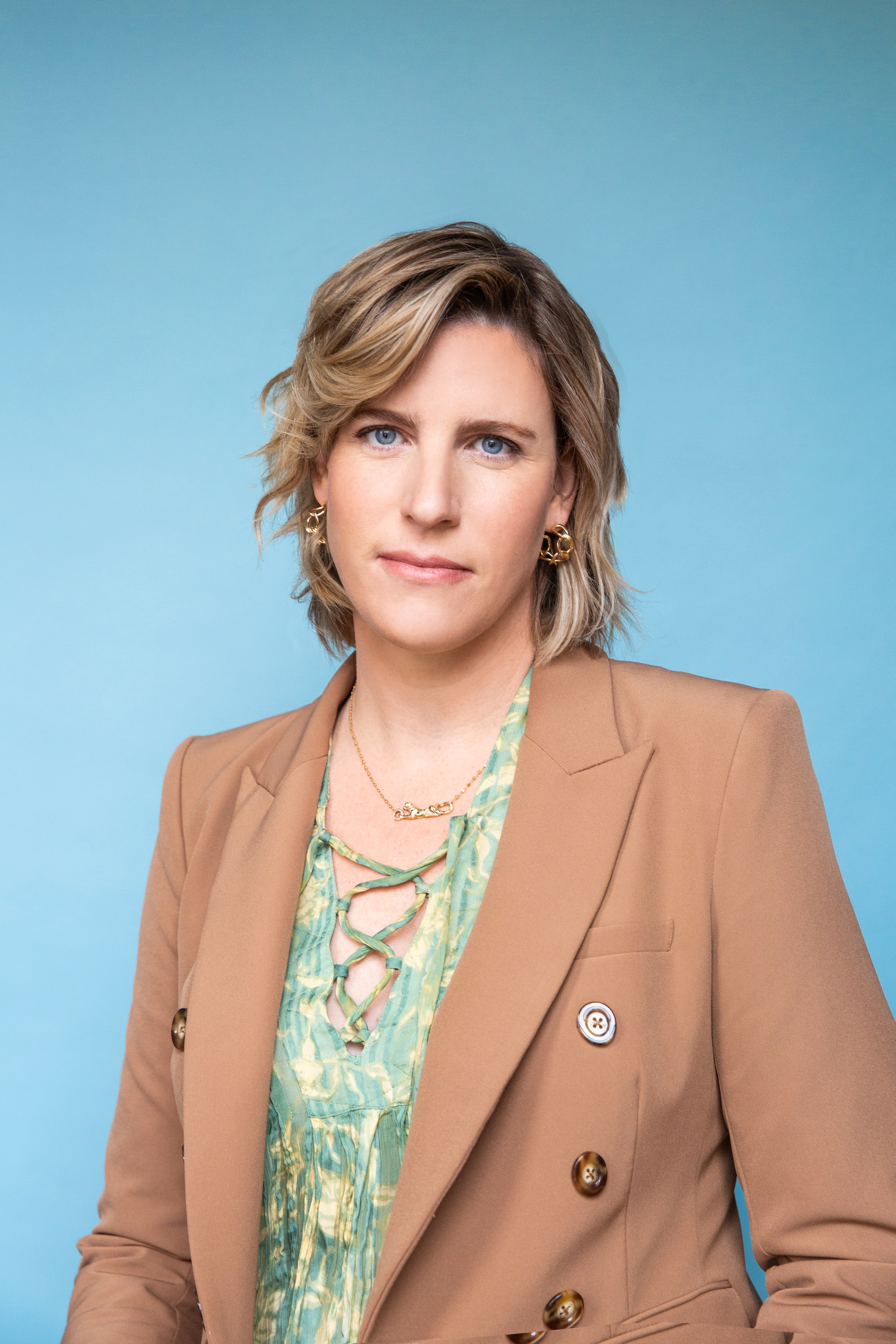Dr. Caroline Fenkel | Source | Adolescent Mental Health Expert, Chief Clinical Officer at Charlie Health

Dr. Caroline Fenkel
Dr. Caroline Fenkel, DSW, LCSW is a leader in adolescent mental healthcare. She has most recently been featured as an expert in Forbes Health, HuffPost and Healthline.
-

Charlie Health
Adolescent Mental Health Expert, Chief Clinical Officer
-
Feeling Tired & Stuck? Blame It On "Functional Freeze"
Experts explain "functional freeze" and tips for getting out of it.
Article -
9 Types of Toxic Family Dynamics and How to Identify Each One
Toxic family dynamics can cause conflict and chaos at home, making kids feel less safe and loved. Here's how to identity 9 different types of toxic family dynamics, plus advice on how to heal.
Article -
OK, But Do You Really Need A Hobby?
It might be time to shift away from the idea you need a hobby in order to be well-rounded or fulfilled.
Article
-
Building Trust: A Path to Well-being and Longevity
Dr. Fenkel highlights that "trust isn’t just emotionally satisfying; it’s tied to our overall well-being." She advises starting with small, consistent actions to build trust and suggests therapy for deeper issues. Balanced trust involves being open yet cautious. At Charlie Health, group therapy helps clients realize they’re not alone, aiding in rebuilding trust and healing. -
Dating in 2025: Navigating a Double-Edged Sword
Dr. Fenkel describes dating today as a "double-edged sword," with more options leading to burnout. Cultural shifts show less pressure for traditional timelines, while emotional expectations rise. Online dating offers access but can harm mental health. She advises focusing on meaningful connections and self-care, noting that non-monogamous relationships are gaining acceptance. Men face challenges meeting emotional expectations, highlighting a skills gap. -
Undiagnosed ADHD: Sleep Habits That Could Be Telling Signs
Dr. Fenkel highlights "delayed sleep phase" as a common sign of undiagnosed ADHD, where individuals can't fall asleep at typical hours due to neurological patterns. This is often mistaken for poor habits. She offers insights into how ADHD affects sleep-wake cycles and shares strategies for improving sleep while managing ADHD.
-
"As I reflect on the reasons that teens feel so isolated these days and how to help, I can’t help but compare teenagers to a big block of Swiss cheese (because who doesn’t like a cheese analogy?). Swiss cheese is full of holes, which represent risk factors such as exposure to poverty, bullying, trauma, and conflicts at home. Also, climate issues, school shootings, career confusion, and financial instability—the list of holes goes on.
The rest of the cheese represents the protective factors, such as a calm household, a healthy relationship with technology, high socioeconomic status, and access to a support system. A teen’s mental health depends on how exactly the cheese stacks up, but the onus of that layering shouldn’t be on them.
It should be society’s job to cover some of those holes, or risk factors, in order to protect and promote mental well-being. From a public health and health systems perspective, that means knocking down leading barriers to care—such as lengthy appointment wait times, financial hurdles, mental health stigma, and a societal inclination toward medication as a quick fix."
-
"We all respond to traumatic events in our own way. As a teenager, in particular, it can be overwhelming to navigate the variety of emotions that follow exposure (direct or indirect) to mass violence such as school shootings.
Fear, concern, vulnerability... regardless of what you feel, take time to acknowledge feeling it so that you don’t hold onto those emotions for too long. Repressed emotions can cause irrational and even unhealthy behaviors, so dedicate time to processing how you feel and how those feelings impact your view of the world."
-
“Self-care is about being present with yourself, which can help prevent burnout, maintain balance, and keep you in tune with your needs.”

:max_bytes(150000):strip_icc()/Parents-Toxic-Family-Dynamics-e29be2ff71ec4dc7a8bad5984465b282.jpg)

